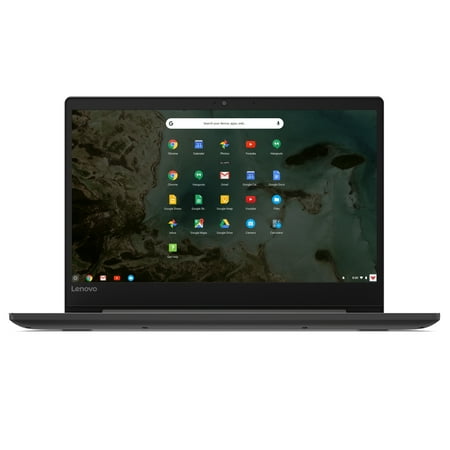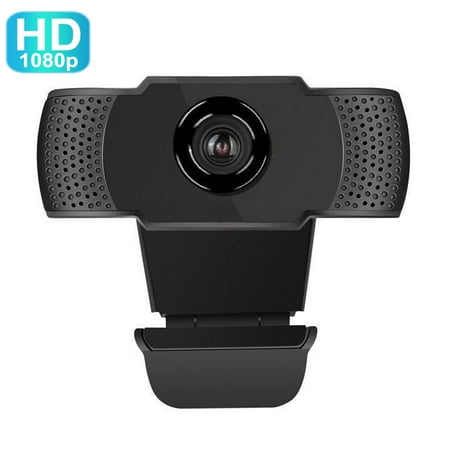Acer Chromebook 715, 8th Gen Intel Core i3-8130U, 15.6″ Full-HD Touchscreen, 4GB DDR4, 128GB eMMC – CB715-1WT-39HZ (Google Classroom Ready)
Google Classroom Compatible! The all-aluminum chassis of the Acer Chromebook 715 is sleek and elegant, and delivers a military-grade durability that can easily take the wear and tear of business trips. This premium Chromebook gives cloud workers the productivity-boosting features they need to work more efficiently, including a Full HD display, an 8th Gen Intel Core i3 processor for exceptional mobile performance, and up to 12 hours of battery life! This is the first Chromebook on the market to include a dedicated numerical keypad for quick data input! And you’ll have access to the latest Chrome apps and millions of Android apps for productivity, connectivity, services, and more! Get the most out of your digital life with the Acer Chromebook 715. This item was manufactured in 2019.






Acer Chromebook 715, 8th Gen Intel Core i3-8130U, 15.6″ 1920 x 1080 Touchscreen, 4GB DDR4, 128GB eMMC – CB715-1WT-39HZ:Full HD display8th Gen Intel Core i3 processor12 hours of battery lifeDedicated numerical keypad for quick data inputGreat gift for a birthday, Christmas, or any special occasionStay connected with all the products from AcerBacklight Technology: LEDMFG Year: 2019





Reviews
There are no reviews yet.